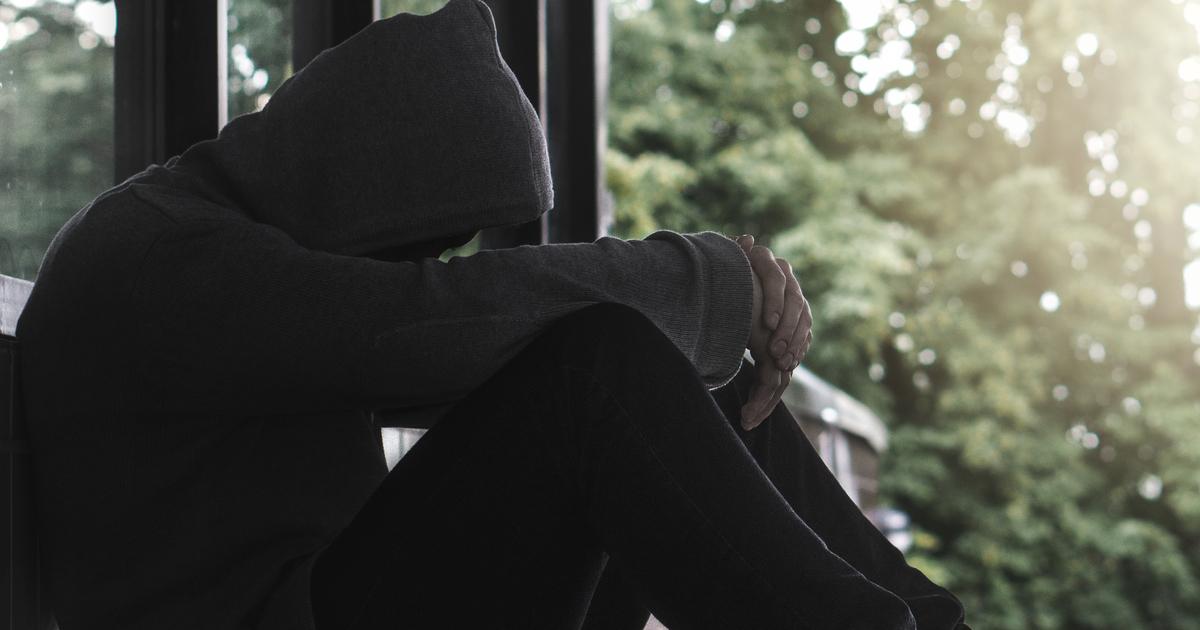Keep Your Finger On The Pulse of Extreme Exhaustion
Social Withdrawal

Patients struggling with extreme exhaustion could exhibit signs of social withdrawal. They may begin to isolate themselves from others little by little. At first, they could socially withdraw by choosing not to attend scheduled school study groups or office social gatherings. Over time, the social withdrawal may progress to the point that the patient stops asking for help from others and stops participating in any type of group setting. Social withdrawal could also result in absences from school or work. As the patient becomes increasingly isolated, they may develop potentially serious mental health conditions, including depression and anxiety. These conditions might require treatment with medication and counseling. To prevent mental health complications, patients may want to consider talking to a family member, co-worker, friend, or counselor if they notice they are isolating themselves. Taking proactive steps to treat extreme exhaustion in the early stages could reduce the risk of becoming socially isolated.
Of course, knowing the signs is only step one. Treatment for extreme exhaustion is crucial. Get some information on this next.